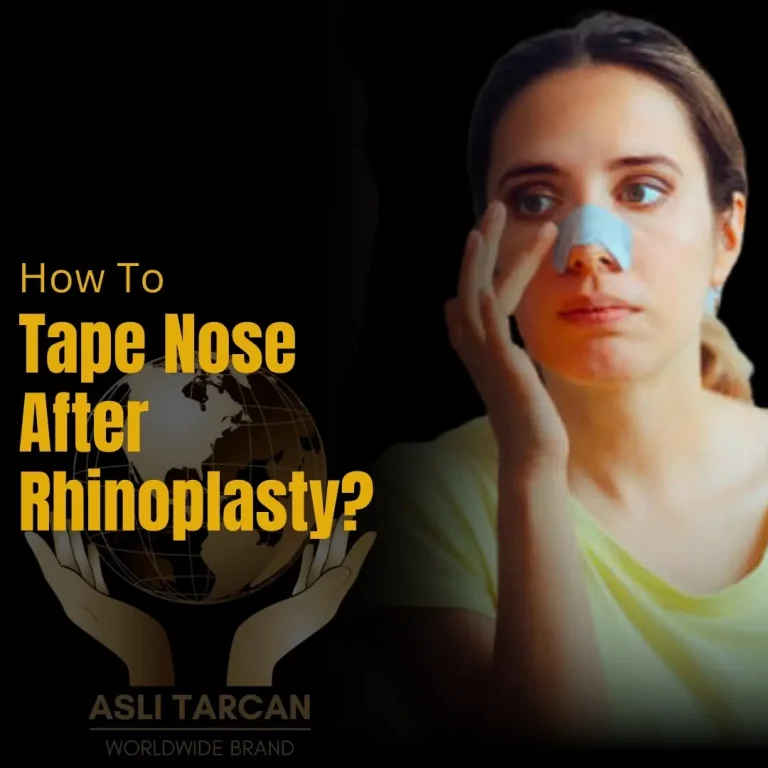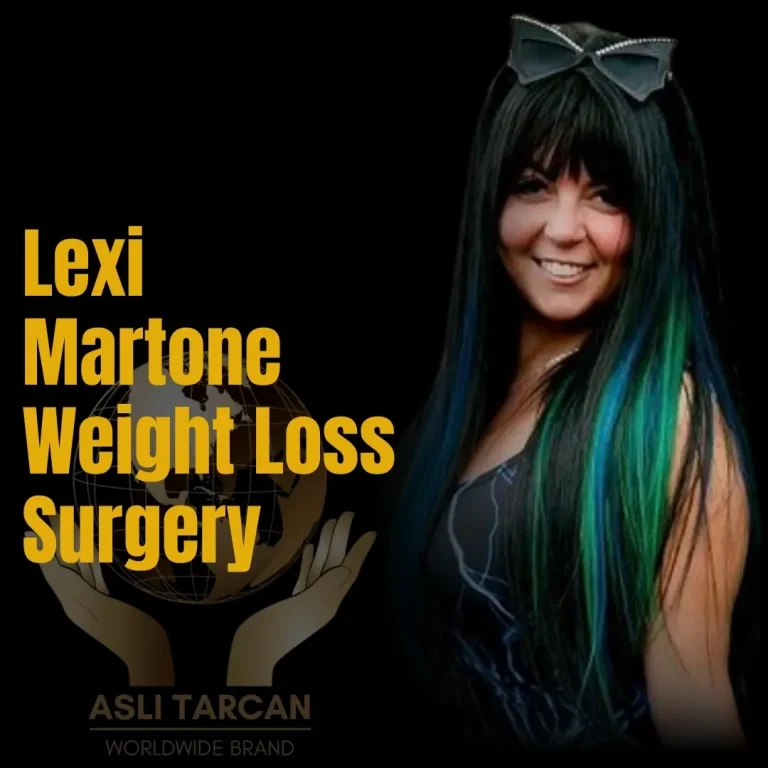Mouth Breathing After Rhinoplasty
Rhinoplasty is a well-known nose job that improves the function and the aesthetics of the nose, fixing its deformities. Many people take it when they have issues with their breathing due to a deviated septum, crooked nose, and so on. However, you may have noticed that you’re mouth breathing after rhinoplasty.
Is it normal? Yes, it’s definitely normal to breathe through your mouth for a while after the surgery. It’s a part of the healing process. You start breathing through your nose again after a few weeks when the swelling goes away and the splints are removed.
Let’s learn more about mouth breathing after the rhinoplasty, when it is normal, what things to consider, and when you should start worrying about it.
Is Mouth Breathing After Rhinoplasty Normal?

Most patients experience mouth breathing after rhinoplasty, which scares them off, wondering whether it’s normal or their surgery went wrong.
Let us reassure you that it’s totally normal to mouth breathe post rhinoplasty as it happens due to swelling, nasal packing, and discomfort. It subsides after a few weeks when the nose starts healing and the swelling goes away.
See Also: Why Do My Teeth Hurt After Rhinoplasty?
What are the causes Of Mouth Breathing After Rhinoplasty?
There are different causes of mouth breathing after a nose job, such as:

Swelling
Rhinoplasty reshapes your nose, manipulating its tissues, which causes the swelling. That swelling sometimes blocks the nasal passages, making it hard for you to breathe through your nose. Hence, you feel more comfortable breathing through your mouth.
Nasal Splints
To keep the nose in its new shape, prevent bleeding, and reduce the pain, the nasal splints are placed inside your nose. These splints put pressure on your nose that may make you breathe through your mouth for as long as they’re there.
Blocked Nose After Surgery
Rhinoplasty is a complex procedure, and it’s common for patients to experience a blocked nose or discomfort. The patients may prefer breathing through the mouth over the nose because of the pain.
When Does Mouth Breathing After Rhinoplasty Subside?

After the rhinoplasty, you’ll be breathing through your mouth for a few days initially when the swelling is a lot.
Along with the subsiding of the swelling, your breathing will start to improve. Also, when you have the second follow-up session with your surgeon, which is after a week or so, they’ll remove the stitches, nasal packing, or splints from your nose. That will significantly improve your breathing through the nose.
Though you’ll start breathing well through your nose after a few days, the fully comfortable breathing may come only after the full results of the rhinoplasty appear. It can take some time.
See Also: What Not To Do After Rhinoplasty?
When Is Mouth Breathing After Rhinoplasty Concerning?

A few days of mouth breathing is totally normal and subsides when your nose heals and the swelling subsides. However, if it persists for a longer time and is also accompanied by other symptoms such as excessive pain, bleeding, and deep difficulty in breathing, then it’s concerning.
If it stays and doesn’t improve over time, it may be due to complications or the failure of the nasal passages to heal. You should immediately contact your surgeons, tell them about your condition, and they’ll suggest the treatment.
Signs It’s Concerning
These are the signs when mouth breathing after rhinoplasty isn’t normal:
- Prolonged mouth breathing: When you breathe through your mouth even after weeks of surgery, it’s not normal.
- Fever or elements of infection: If you have fever or infections or redness around your surgical area, then you shouldn’t take it lightly.
- Nonstop bleeding: When the bleeding is non-stop, it’s concerning.
- Pain or difficulty in breathing: When it’s extremely difficult for you to breathe and the pain is severe, you should talk to your surgeon about it.
Important Things To Consider For Mouth Breathing
Consider these things for mouth breathing after rhinoplasty surgery:

- Dry Mouth: It’s common for you to have a dry mouth after rhinoplasty as you’re constantly breathing through your mouth, and the air going inside it dries it out. Make sure you stay hydrated.
- Maintain Oral Hygiene: Your surgeons may have given you some oral hygiene tips after the rhinoplasty surgery. Follow those and brush regularly to avoid issues. Oral hygiene is important for a faster recovery after the nose job.
- Consult With Your Surgeon: If you’re having any severe issues with breathing, consult with your surgeon immediately. They’ll suggest the right treatment for it and how you can manage it.
See Also: Ear Cartilage for Rhinoplasty
Asli Tarcan Clinic-Safe Nose Job
Mouth breathing after rhinoplasty shouldn’t be scary as it’s a part of the healing process. Due to the swelling, nasal packing, and the pain, it’s common for patients to breathe through their mouth instead of the nose. After a few days, when the swelling subsides and the packing is removed, you come back to nasal breathing.
If you experience pain, non-stop bleeding, infection, or fever, or any other severe symptoms with prolonged mouth breathing, you should consult with your surgeon. If you want to get affordable rhinoplasty surgery that is safe, provides the best post-care tips, and also offers 100% natural results, you should contact Aslı Tarçan Clinic.
We’re a rhinoplasty clinic with board-certified surgeons, compassionate staff, and advanced facilities to make your nose job safe. Contact us today!

This article is medically reviewed by Prof. Dr. Umit Taskin (E.N.T. Surgeon)
See Our Doctors & Surgeons
Is mouth breathing normal after rhinoplasty?
Yes, it’s normal to mouth breathe after rhinoplasty due to swelling, nose packing, and discomfort.
When will I be able to breathe after rhinoplasty?
The majority of individuals begin to breathe better with their nose within a few weeks. However, the complete recovery could take some months.
How to improve breathing after rhinoplasty?
Take care of yourself by following instructions given by your surgeon, maintain your head uphill, and wait out the swelling to gradually reduce.






